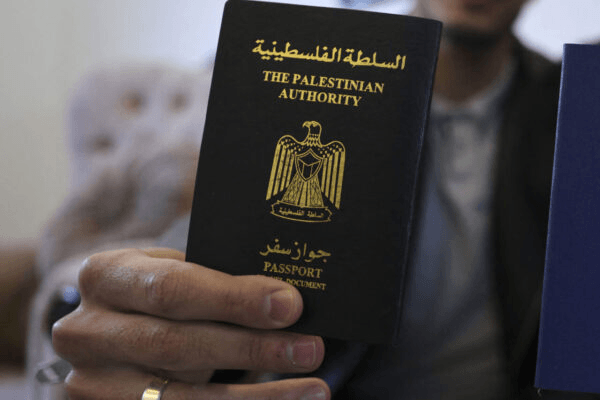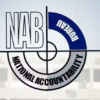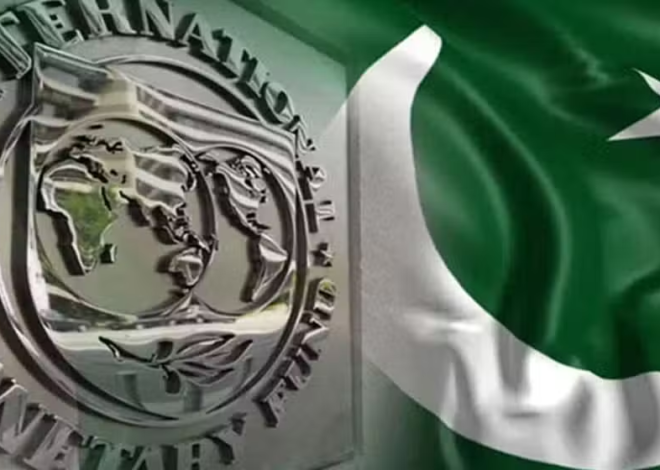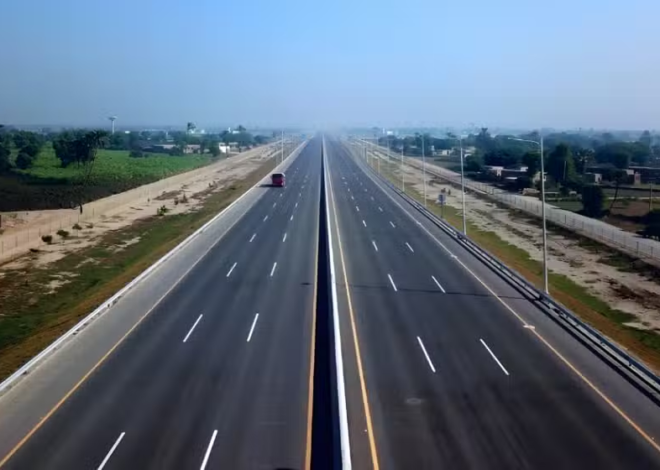
United States to Deny Visas to Palestinian Authority Officials as Support Grows for Recognising Palestinian State
In a bold escalation of diplomatic pressure, the United States announced it will deny visas to Palestinian Authority officials, a move signaling growing frustration in Washington as international momentum builds toward recognising Palestinian state.
This visa ban emerges just as allies like France, Canada, and Saudi Arabia publicly back statehood for Palestine, fueling tensions with Israel and its top ally, the U.S. While those countries prepare to push recognition at the UN General Assembly this September, Washington is drawing a red line by restricting Palestinian access to international forums, particularly diplomatic events like the upcoming summit.
Although the State Department didn’t name specific individuals, it stated the decision targets officials from the Palestinian Authority and members of the Palestine Liberation Organisation (PLO), accusing them of pursuing international legal action against Israel through the International Criminal Court (ICC) and the International Court of Justice (ICJ). Washington has dismissed these efforts as provocative and politically motivated.
Global Sympathy vs American Retaliation
This week’s UN conference on Middle East peace, spearheaded by France and Saudi Arabia, reignited calls for the two-state solution. But the U.S. refused to attend, calling the event “an insult” to victims of the October 7 Hamas attack, and reiterating its opposition to any unilateral recognition of Palestinian statehood.
While many see growing global advocacy for Palestine as a moral and diplomatic necessity, the U.S. continues to frame it as a security and legal issue, accusing Palestinian leadership of incitement, glorifying violence, and compensating families of those involved in terrorism.
Notably, this visa ban comes weeks after the U.S. imposed sanctions on four ICC judges involved in issuing arrest warrants for Israeli leaders, deepening the divide between Washington and much of the global south on Gaza.
The U.S. decision to deny visas to Palestinian Authority officials could seriously impact Palestine’s participation in high-level diplomatic engagements, including the General Assembly. It may also serve as a warning to countries considering formal recognition, effectively turning a diplomatic issue into a geopolitical standoff.
Despite this, Palestinian leaders remain defiant, with President Mahmoud Abbas continuing to push for recognition, while Western nations increasingly acknowledge the two-state solution as the only viable path to lasting peace.
Also, see:
Latest Petrol Price in Pakistan Drops – Here’s What You’re Paying from August 1







